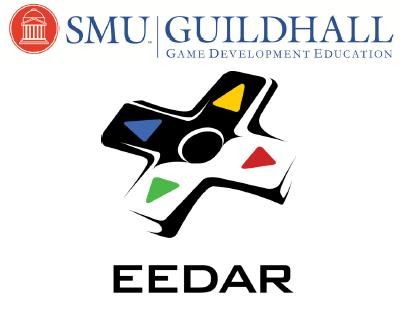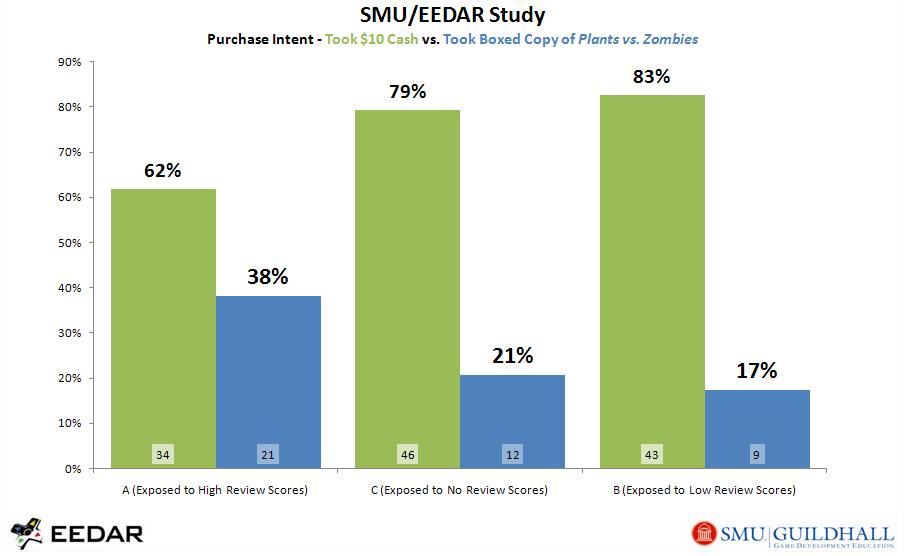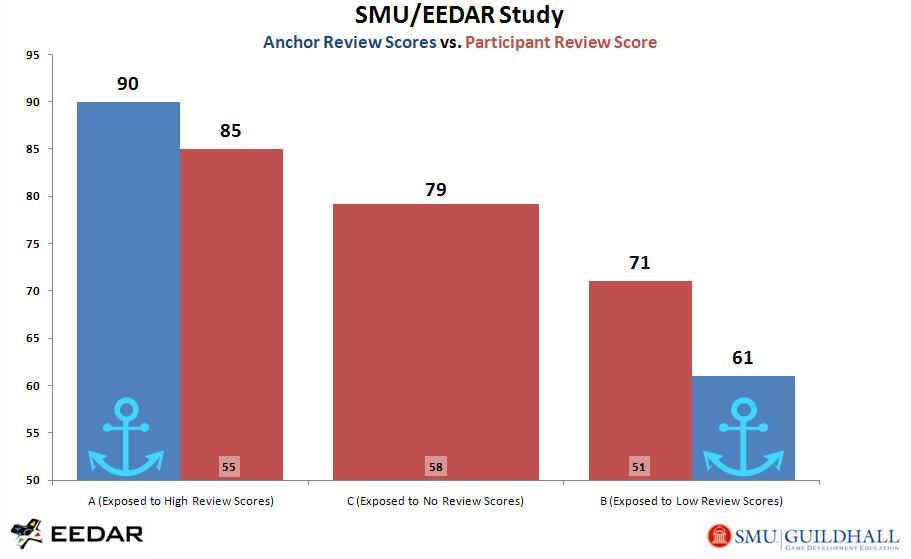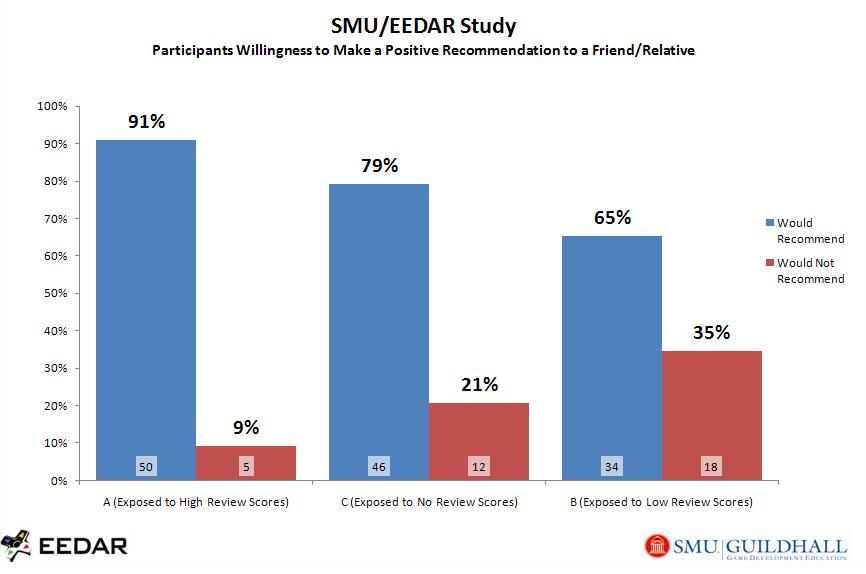A Study conducted by the Southern Methodist University (SMU) and Electronic Entertainment Design and Research (EEDR) has recently attempted to isolate the effects of review scores on a person's opinion about a video game experience. This test's intention is to show the effect (if any) that "low" and "high" scores have on a person's opinion of a game.
In Group A participants were shown high review scores of a game they had never played and then played the title for 20 minutes. In Group B low scores were shown before the game-play commenced. Group C was the control group of this experiment which was not shown any review scores or review information about the game before playing.
The game in question was Plants vs. Zombies. After 188 people participated in this experiment (165 of which qualified for the study by not already playing the game) each person completed a review of the game including giving it a score from 0 to 100. Read on for the results breakdown to that study and what EEDAR has concluded from it.
The result of this test was that Group A, who was shown high review scores before playing, had a distinct tendency to score the game higher than Groups B and C. While the opposite appeared to be true for Group B who scored the game lower after seeing low review scores prior to playing.
The average score from Group A was around 85 while Group B came in at 71 and the control Group C had an average review score of 79. The participants were then asked if they would recommend the game to a friend and/or relative. Willingness for each group to recommend the game varied in a seemingly correlating fashion. Again, exposure to review scores before playing seemed to effect the scores given from Groups A and B compared to the control. 91% of survey participants said they would recommend Plants vs. Zombies to a friend from Group A, who had seen high scores, whereas only 65% of Group B would. In Group C 79% said they would recommend it.
EEDAR has come to some rather informative conclusions from this study. Even though Group B had been consistently scoring the game lower, and less willing to recommend it, 65% of them would still recommend it. Beyond this, the survey participants were offered $10 cash or a copy of Plants vs. Zombies after playing the game. In Group A only 38% of the participants took a copy of the game over the cash yet 91% of Group A would positively recommend the game to a friend.
The main conclusion of EEDAR is that free demos and instant purchase ability may lead to a greater word of mouth, even if a game has somewhat negative reviews. They compare recommendations between gamers to recommendations between friends and co-workers about a good dentist or real estate agent.
With all of the findings in mind EEDAR also mentions the limitations of this study and reminds us that Plants vs. Zombies is a game with a news aggregate score considered high, and that these results may be extrapolated for a low quality game as well, but that more accurate results would come from an all-new study done with a universally accepted "low quality" game. This study also used qualitative remarks such as "Game of the Year" in replacement of numbers in some instances and EEDAR states that it is "unclear" which of these were more important in influencing the data.





